
Isabelle Leymarie taught at prestigious American universities, among them The New School and Yale, as well as at various conservatories and music schools. She has written many books and numerous articles published in several languages. She is also a pianist, filmmaker and translator.
A pianist, musicologist, filmmaker, lecturer and translator, Isabelle Leymarie has always had a passion for the black music of the diaspora. After graduating from the Sorbonne, in Paris, pursuing doctoral studies at the Institute of International Studies in Geneva and graduating from Columbia University with a Ph.D. in ethnomusicology, she taught at prestigious U.S. universities, among them The New School, Cooper Union, Herbert Lehman College, the Jazz Department of Livingston College (at Kenny Barron’s invitation) and Yale. As a pianist, she has given various workshops in the United States and, in France, taught at the Ecole Supérieure de Jazz, the Nadia et Lili Boulanger Conservatory and the Bill Evans Piano Academy. During the 1990s, she was in charge of selecting the musicians for the Festival de Jazz du Marin (Martinique), inviting the likes of Terri Lyne Carrington, Mulgrew Miller, Danilo Pérez, Jay Hoggard, Christian McBride and Anthony Cox, and was musical director for jazz of the Théâtre du Châtelet and the Auditorium des Halles in Paris, inviting such artists as Shirley Horn, Abbey Lincoln, James Newton, Cassandra Wilson, John Stubblefield, Wynton Marsalis, Dom Salvador, Daniel Ponce, Mulgrew Miller and Ahmad Jamal, as well as African performers. She was also a consultant for the New York Council of the Arts and for the Latin Jazz exhibition organized by the Smithsonian Institution in Washington, D.C., and music curator for the Museo del Barrio in New York.
An award-winning author of numerous books published in several languages, she has also contributed texts to books on jazz and Latin music, and written in numerous magazines and journals (among them Jeune Afrique, Ethnomusicology, Jazz Spotlite News, Africa, La Tribune de Genève, Jazz and Keyboard Workshop, Jazz Magazine, Vogue, Latin American Music Review, Cahiers de Musiques Traditionnelles, The Unesco Courier, Les Lettres françaises, Percussions, L’Autre Afrique and Les Cahiers du Jazz, and written liner notes for several record labels. She has also produced radio programs (on Radio Canada, France Culture, France Musique, etc), hosted television shows on Salsa TV, been consultant for various films, made three documentaries (« Machito – A Latin Jazz Legacy », « Latin Jazz à New York » and « Paris Jazz »), and translated over forty books, among them the biographies of Ella Fitzgerald, Marvin Gaye Otis Redding and Johann Sebastian Bach, Chet Baker’s autobiography, as well as books on jazz improvisation and on the history of jazz. In addition, she has been director of the music collection with the French publisher Buchet Chastel.
After studying classical music and piano at the Conservatory of Geneva, she studied jazz at the Jazzmobile, Jazz Interactions and Muse workshops, in New York, took occasional lessons with, among others, Mary-Lou Williams, Cedar Walton, Kenny Barron, Mulgrew Miller and Mike Longo and, for ten years, furthered her studies with the French pianist Bernard Maury, in Paris. She has played with the Cotton Club Orchestra in Harlem, with Melba Liston in New York, with Jimmy Garret (Cab Calloway’s bass player) in Japan, with trombonist Clifford Thornton in Switzerland and, as a leader, in several countries. In New York, she has performed with several salsa groups and in Puerto Rico, she was a member of the Federación de los Músicos Puertorriqueños. At Machito’s request, whom she had invited to perform at Livingston College, she also sat in with his orchestra.

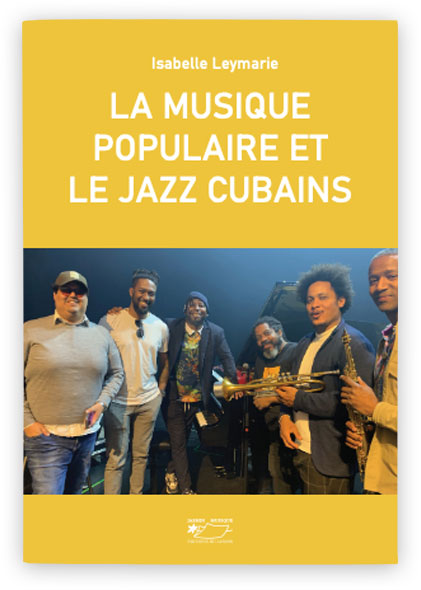
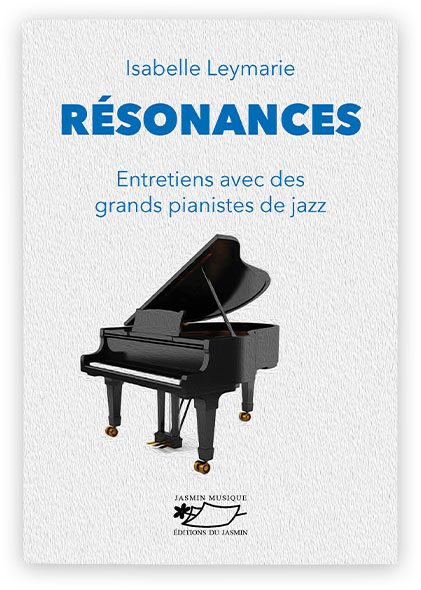
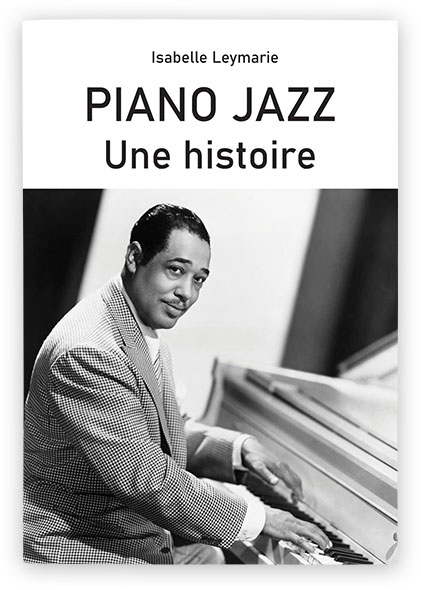
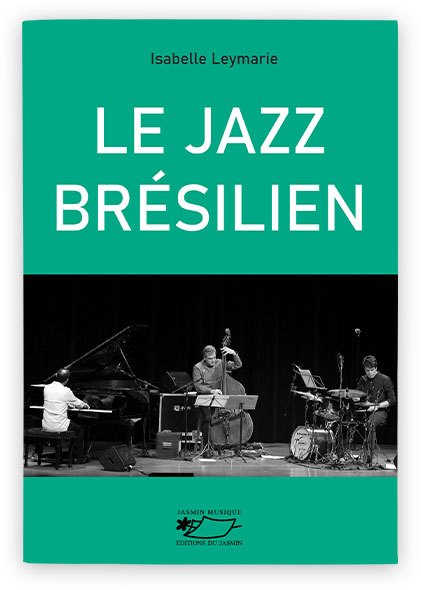
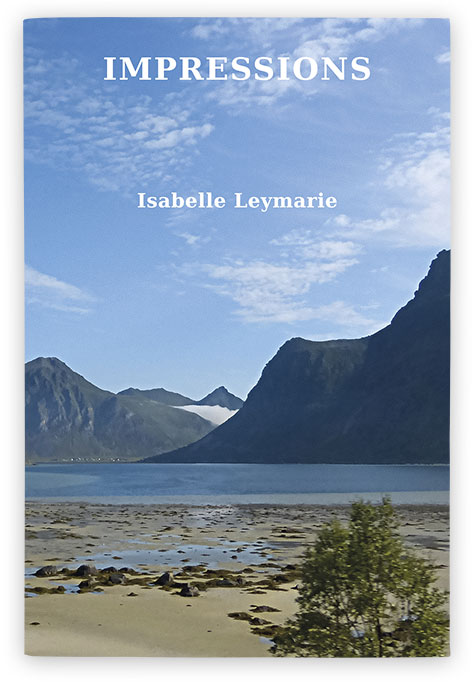
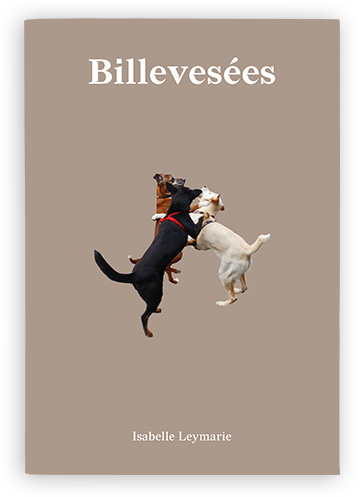
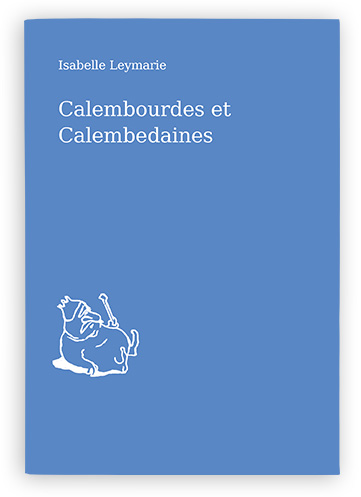
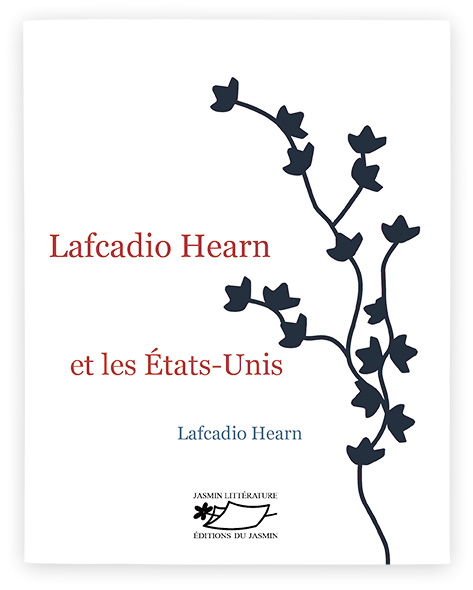
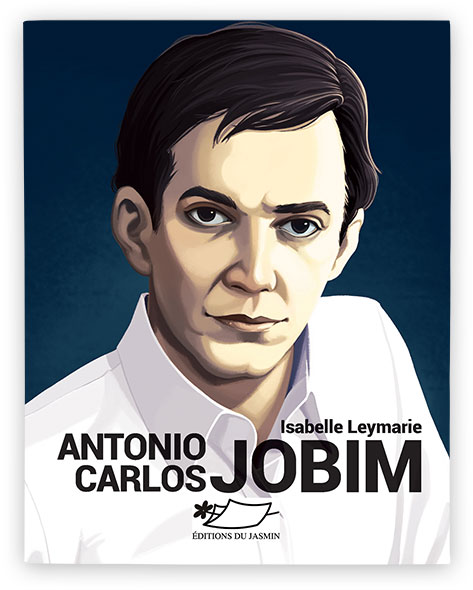

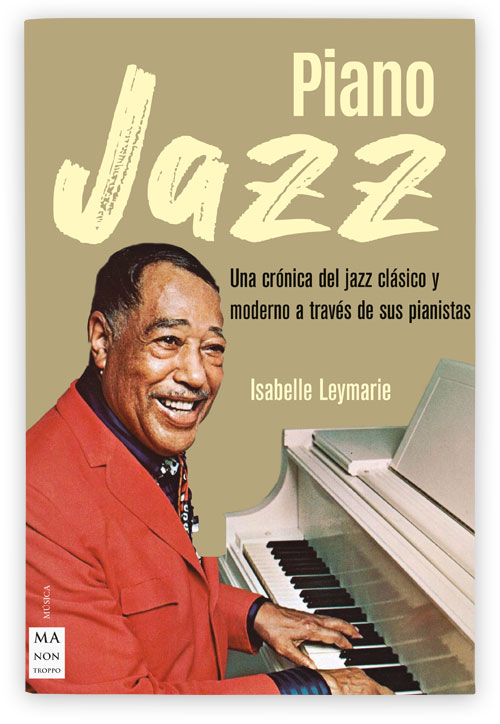
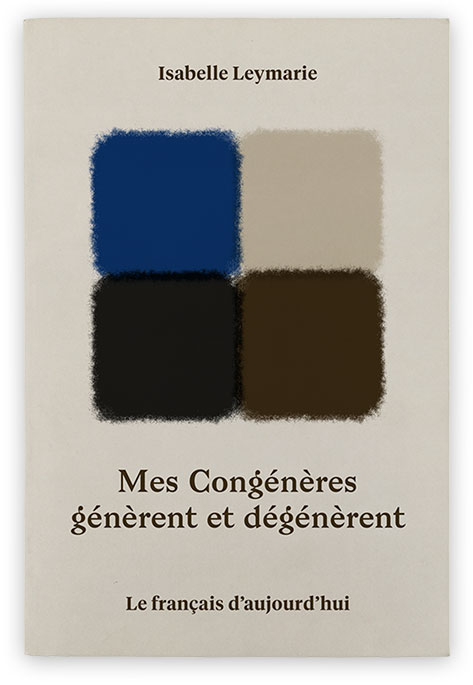
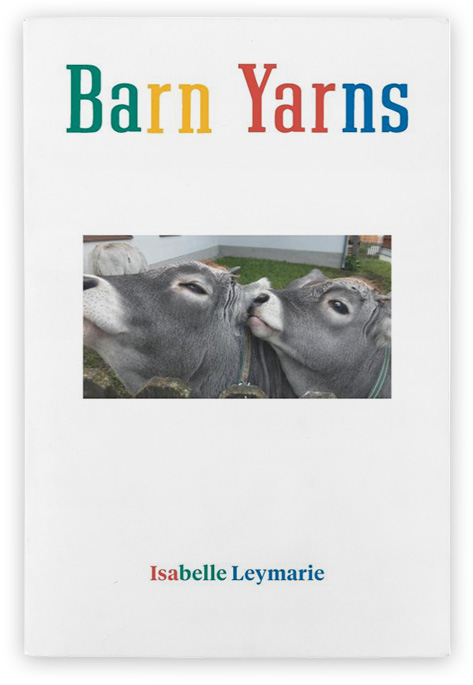
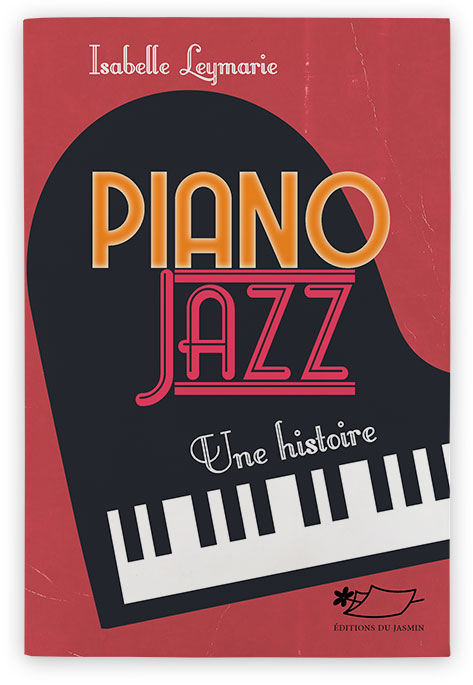
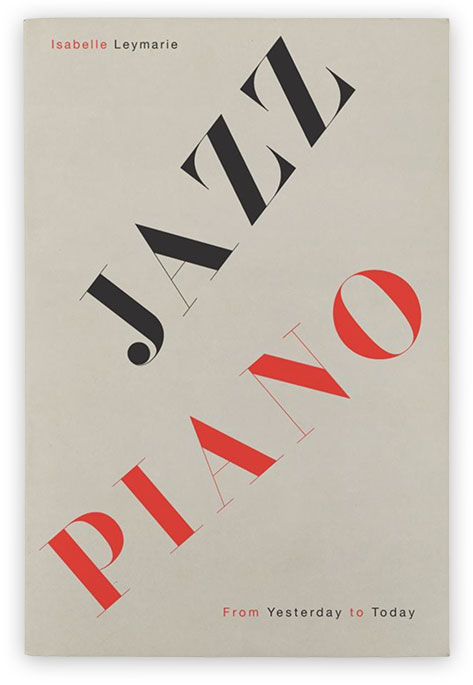
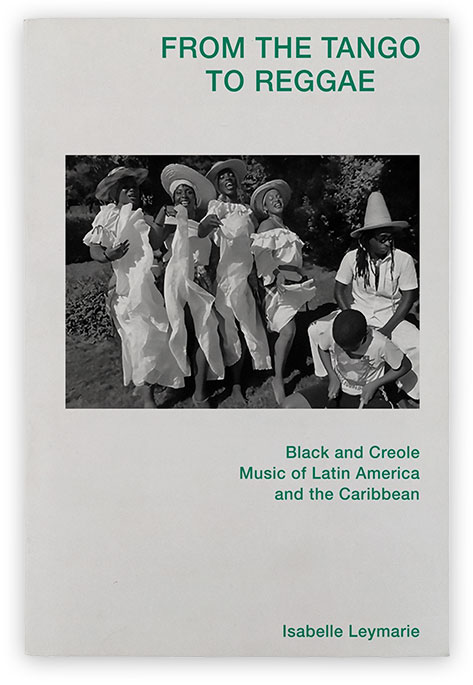
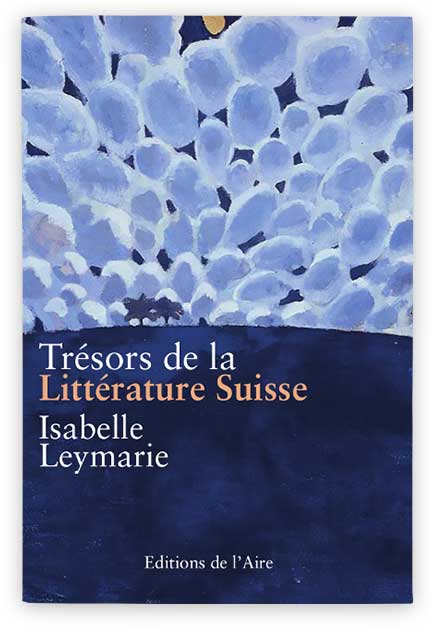
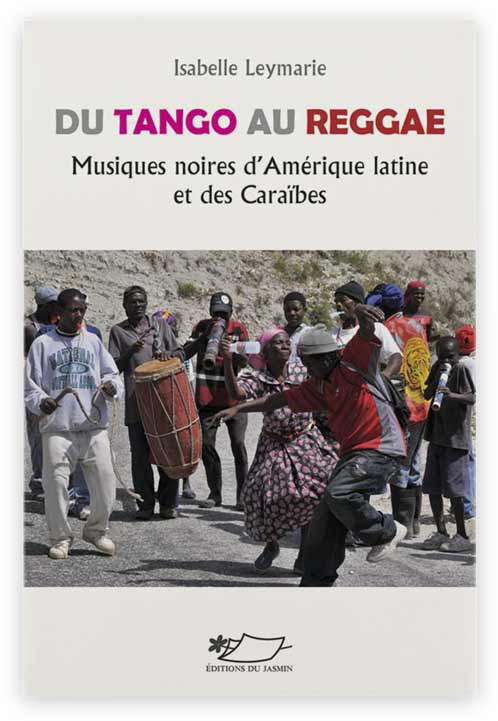
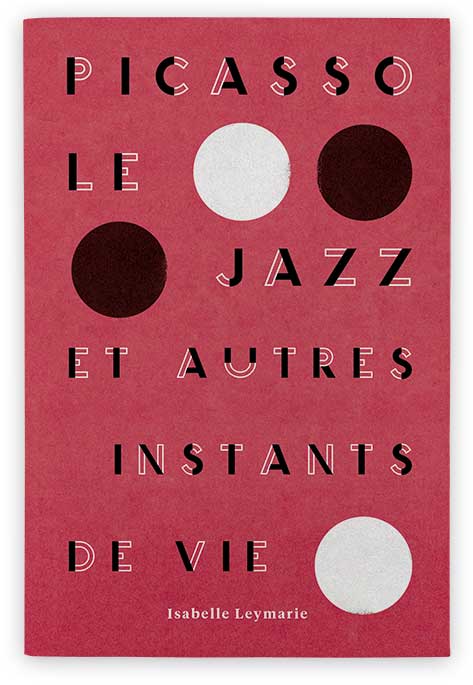
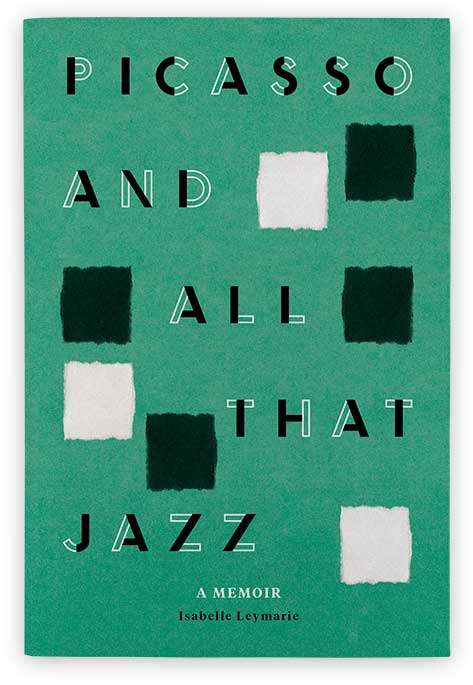
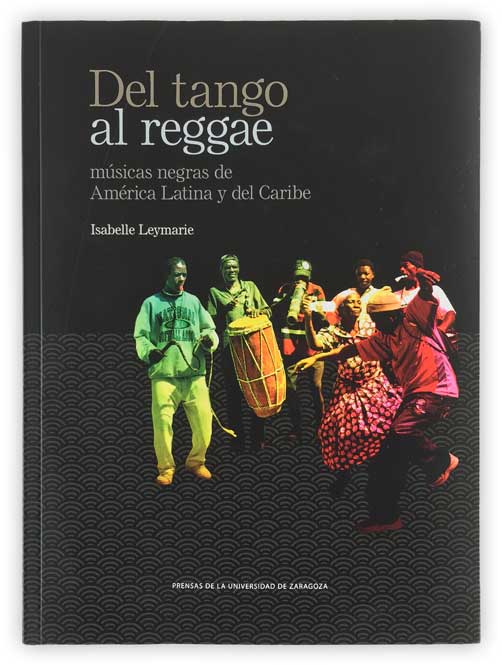
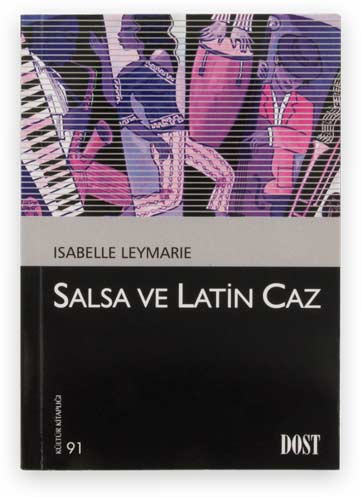
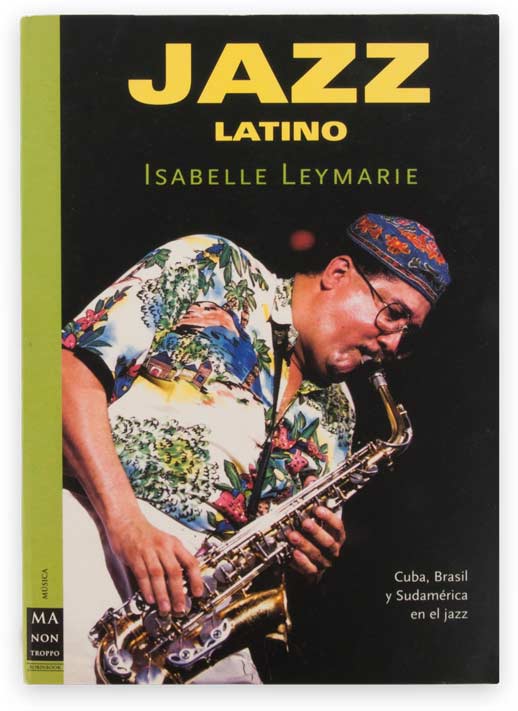
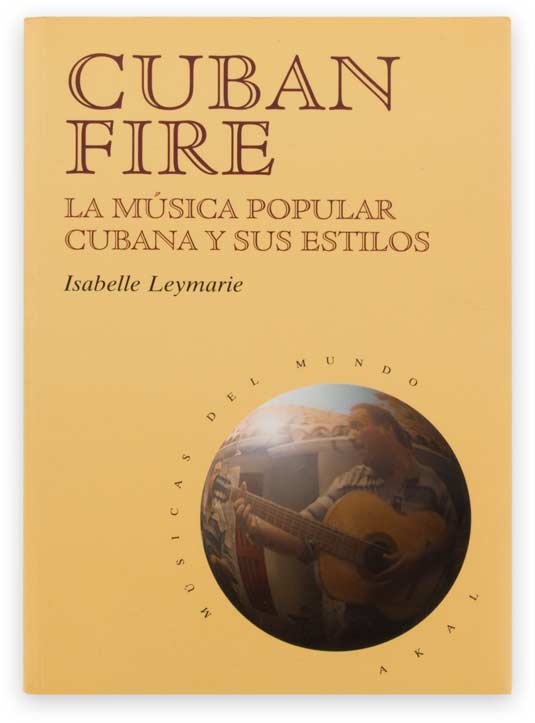
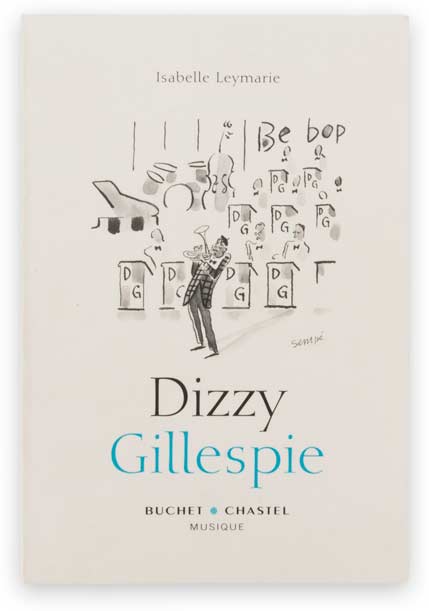
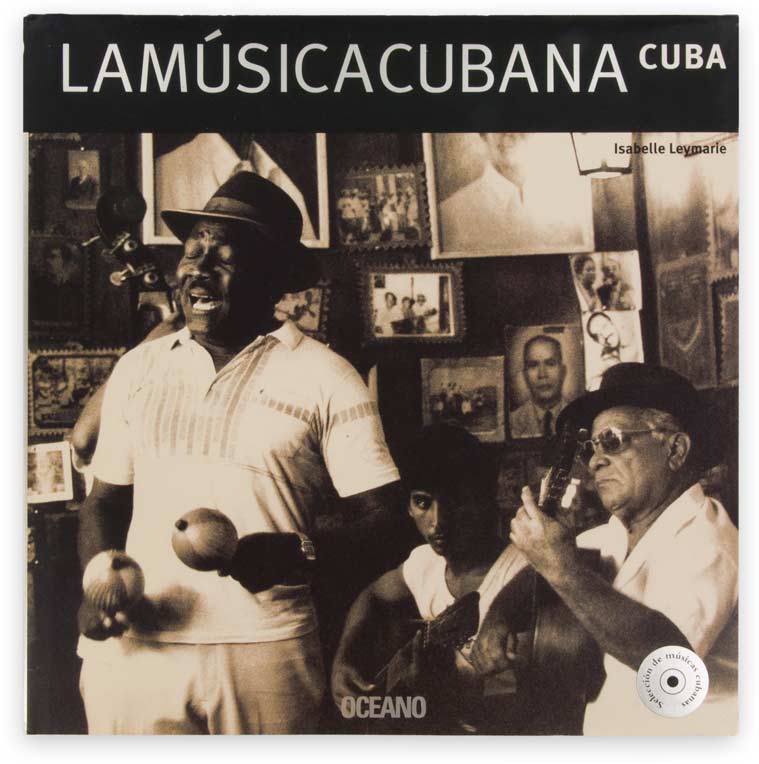
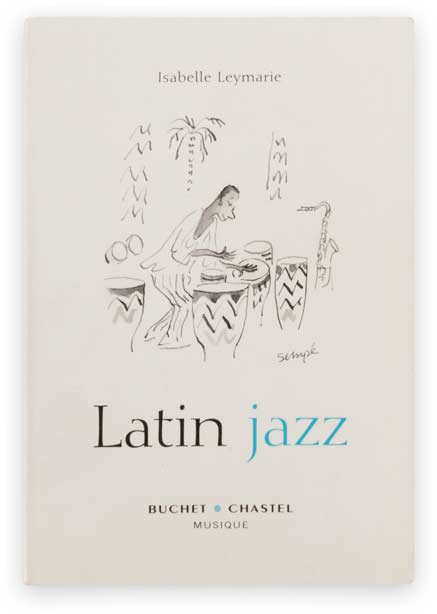
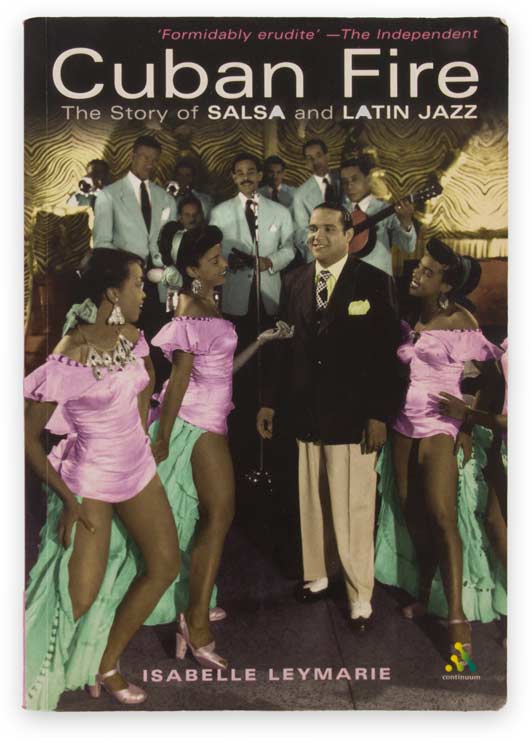
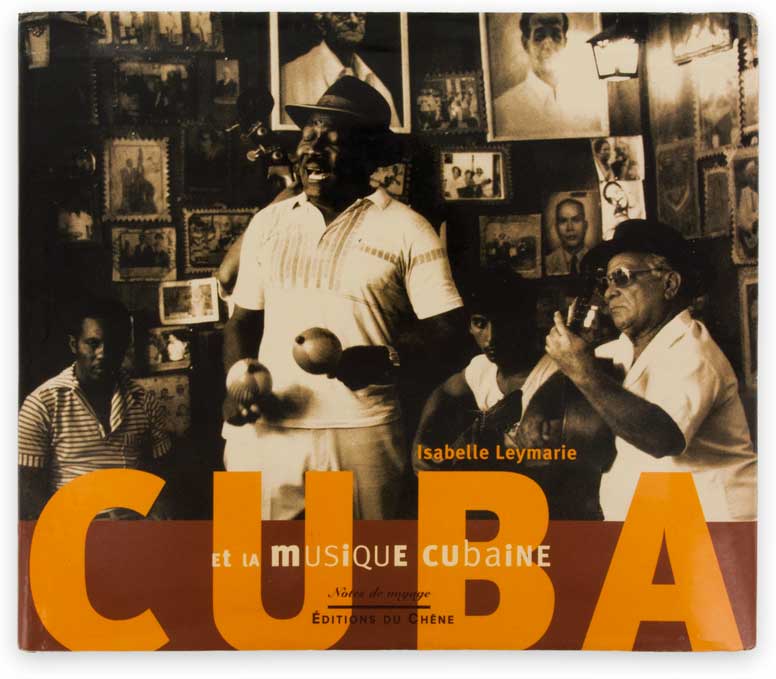
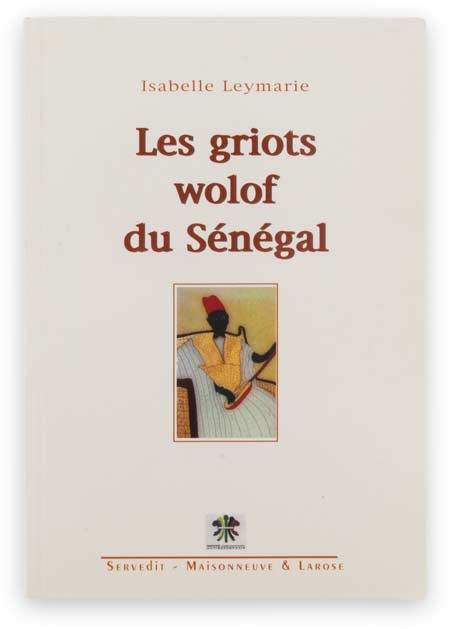
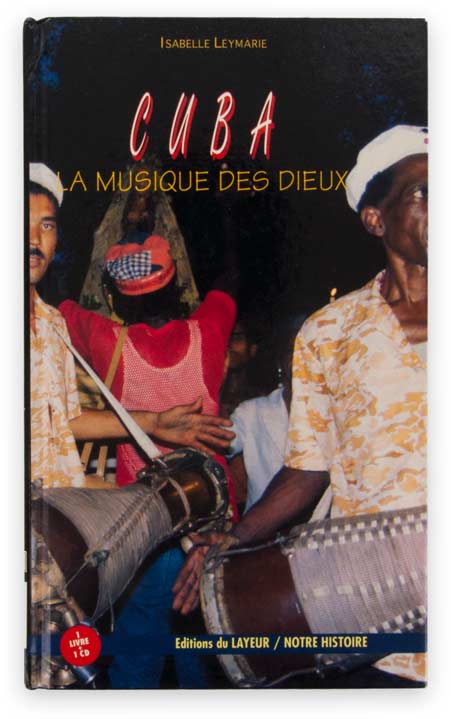
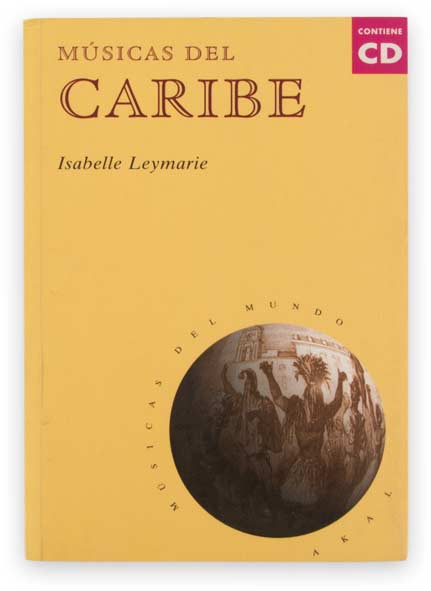
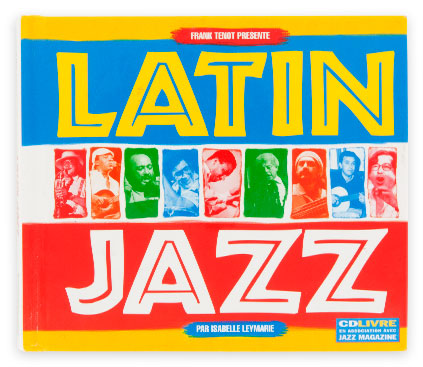
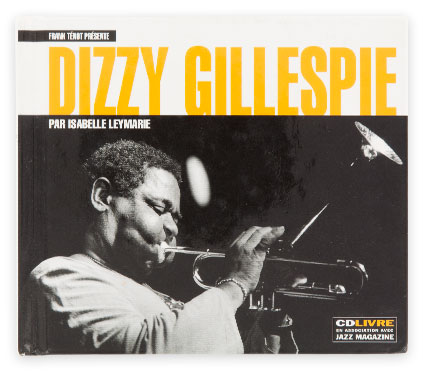
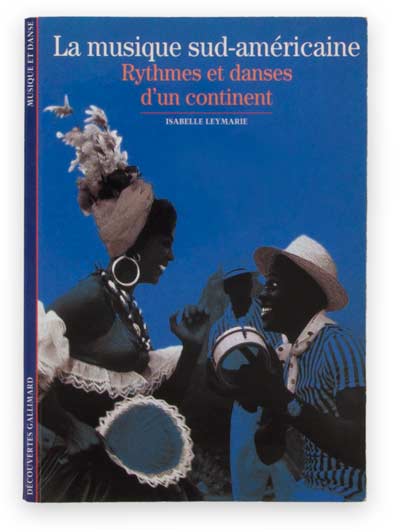
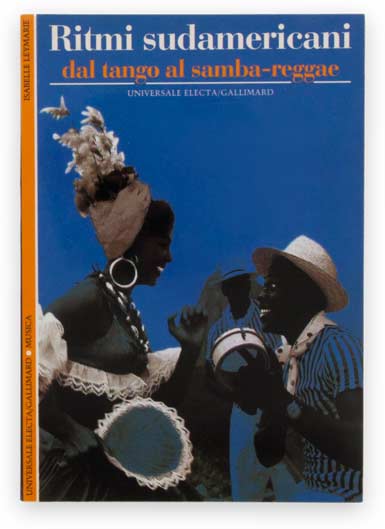
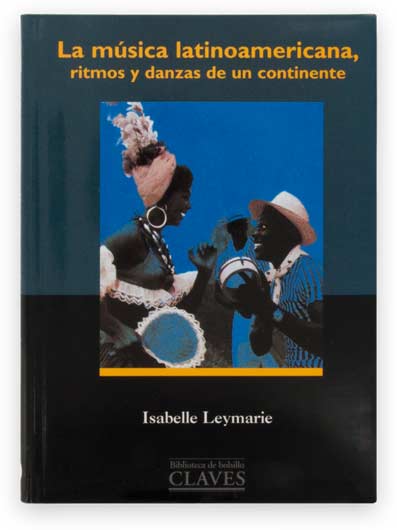
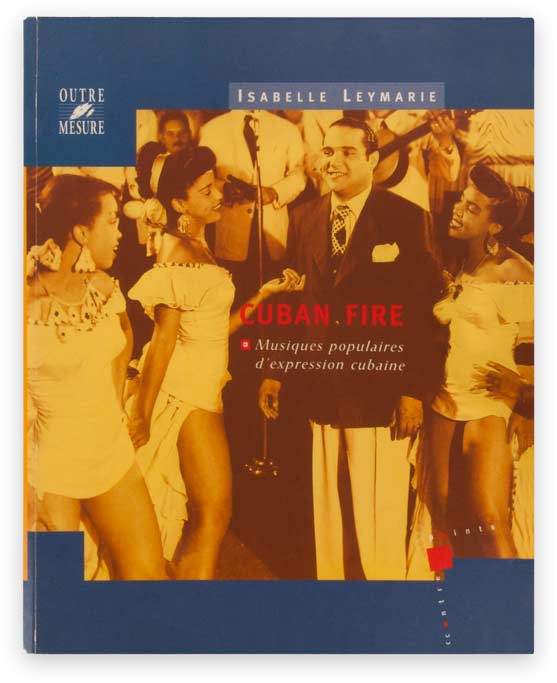
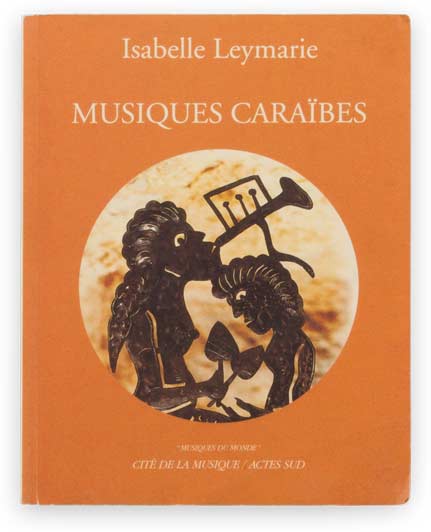
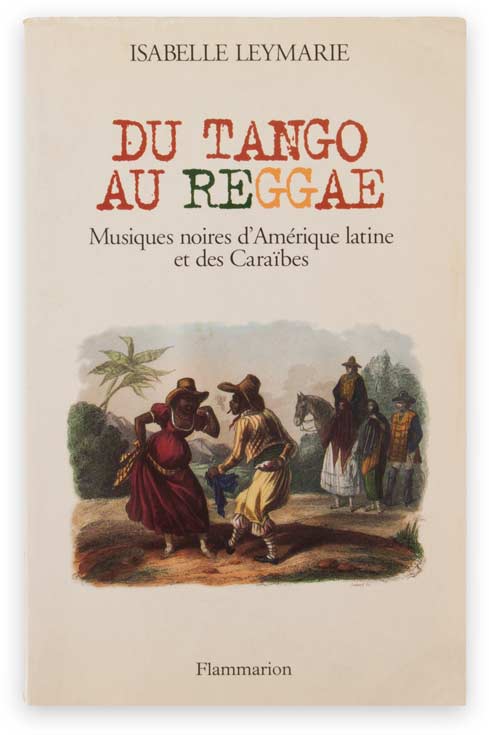
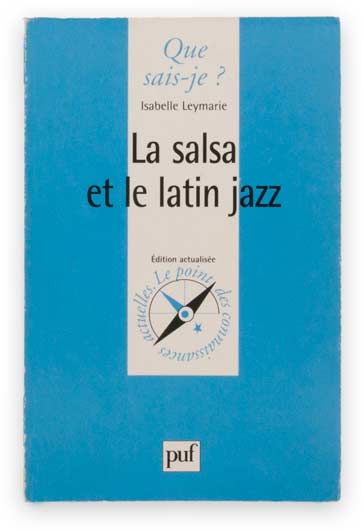
Texts published in the following books:

A most delightful read with a pleasant style,
Babelio, 2020 (Lafcadio Hearn)
as stimulating as Lafcadio’s personality.
Wonderful balance between the biographical presentations
Babelio, 2019 (Piano Jazz)
and the concise explanations of each one’s singularity.
A very good book
Carlos Franzetti, Argentinian pianist and composer,
full of extraordinary experiences
2016 (Picasso And All That Jazz)
For those who want to travel
Le Figaro, 2000 (Cuba et la musique cubaine)
with the right rhythm
World Music Prize
Le Prix des Muses, 2000
(Cuba et la musique cubaine)
Captivating
L'Expresss, 2000
(Du tango au reggae)
A read that thrills us
France Presse, 1998 (Latin Jazz)
from beginning to end
Formidably erudite
The Independent, 1997
(Cuban Fire)
A book of incomparable
So What, 1998 (Cuba: La Musique des dieux)
accuracy
The best book available
Percussions, 1997 (Latin Jazz)
on the subject
Remarkable for the relevance
Courrier Français, 2000 (Musiques caraïbes)
and intelligence of its texts
One of the finest authors writing
Jazzreviews.com, 1997 (Cuban Fire)
today about Cuban music
A marvelous book
Periódico Digital, 1997
(Jazz Latino)
A beautiful book written by the
Epok, 2000 (Cuba et la musique cubaine)
best specialist in the world
One of the most important texts
Africa, 1999
(Les Griots wolof du Sénégal)
A precious document
Jazz Magazine, 1999
(La Salsa et le Latin jazz)
Isabelle Leymarie does not just play jazz
Les Cahiers du Jazz, 1998 (Dizzy Gillespie)
with fire, she analyzes it with competence
The best synthesis on this topic, without excluding anybody
Leonardo Acosta, 1997 (Jazz Latino)
or anything important, which seems almost incredible.
Professor Leymarie's book is today the most complete source of information.
Mambo.inn, 1998 (Cuban Fire)
It rids us of certain doubts and sheds light on 'Machito' and his formative years.
Festival Latino award
Festival Latino, 1989
(Machito: A Latin Jazz Legacy)
San Juan Film Festival
1988 (Machito: A Latin Jazz Legacy)
First prize
American Film and Video
1987 (Machito: A Latin Jazz Legacy)
Festival Award
Prize of the Jury
San Antonio Film Festival, 1986
(Machito: A Latin Jazz Legacy)
Hugely informative, with astonishing
New York Times, (Machito: A Latin Jazz Legacy)
archival footage
Documentaries at their best
Los Angeles Times,
(Machito: A Latin Jazz Legacy)
A warm, exciting tribute, this film
People's Daily World, (Machito: A Latin Jazz Legacy)
will move you right off your seat
Photography prize
Kodak, 1978 (Vogue magazine)
winner
A must-see […] treasure that captures a
Chipboaz.com, (Latin Jazz à New York)
wonderful snippet of Latin Jazz history.
Created in 1991, Latin Jazz à New York features some impressive performances from well known musicians, as well as commentary and interviews that capture the scene in a an important time period where the music was transitioning towards a modern scene. The film features a good number of musicians that represent both the past and present of the music – that includes Eliane Elias’ trio with bassist Mark Johnson and drummer Bill Stewart, Danilo Perez’s trio with drummer Ignacio Berroa and bassist David Finck, late conguero Daniel Ponce’s band with pianist Oscar Hernandez, trumpet player Michael Mossman, and bassist Joe Santiago, Tito Puente’s Orchestra, the Chico O’Farrill Orchestra with pianist Arturo O’Farrill and conguero Candido Camero, saxophonist Paquito D’Rivera, and many more. The film includes some stunningly honest and exciting performances that highlight the passionate exuberance and deep artistry of the music as it emerged from New York in the early nineties.
(Latin Jazz à New York)
There’s a lot of similarities between Latin Jazz à New York and Calle 54, an extremely popular documentary that showcased a number of the same musicians performing with much of the same fire and skill. While Calle 54 visited a lot of the same territory as Latin Jazz In New York, there’s a simple but important reason to watch both these documentaries – Calle 54 arrived nine years later, in 2000. Many of these musicians were still playing Latin Jazz, but their musical concept had matured and their performances took on different subtleties. It’s exciting to see the ways that these musicians changed in less than a decade and watching these two films in close proximity makes for a fascinating perspective upon Latin Jazz. There’s also a number of musicians that were only seen in one film or the other, so watching the two films exposes you to an impressive spectrum of artists. In many ways, these two documentaries share a lot of the same end goals and they resonate with the same passion for Latin Jazz; without a doubt, they’re both essential films that show the music coming alive with an unparalleled artistic vitality.
(Latin Jazz à New York)
